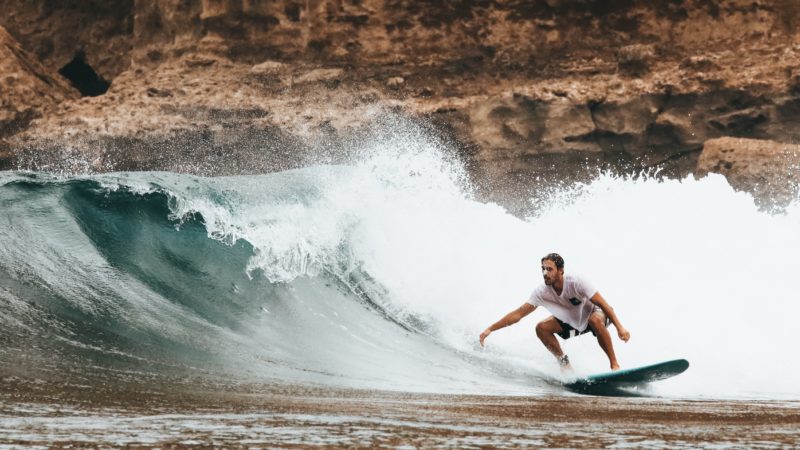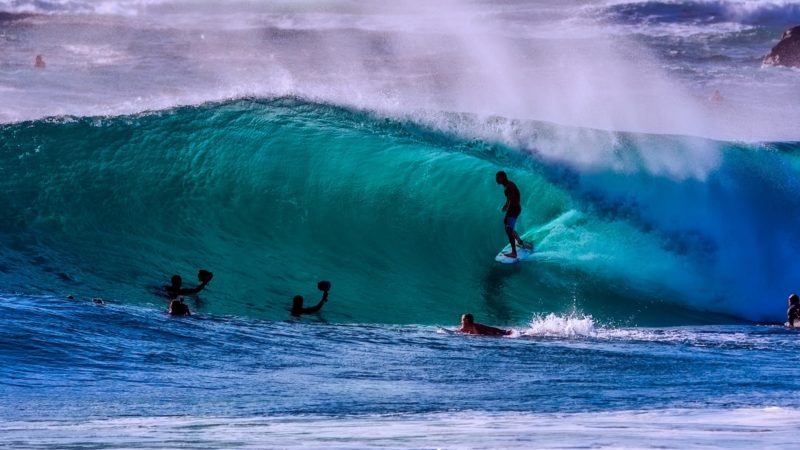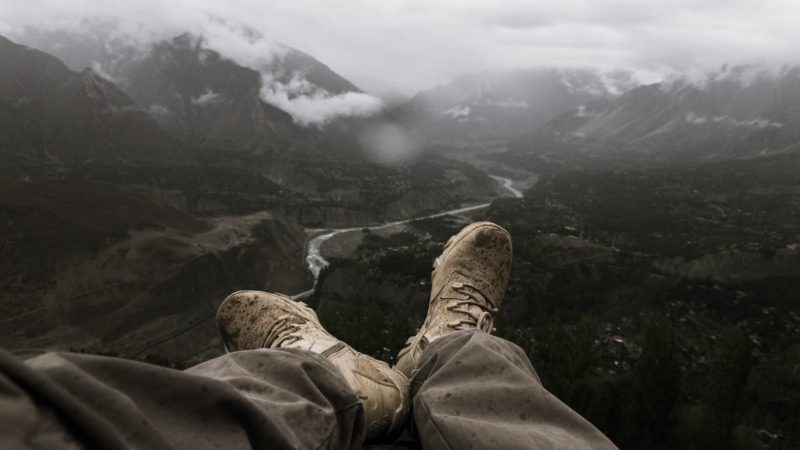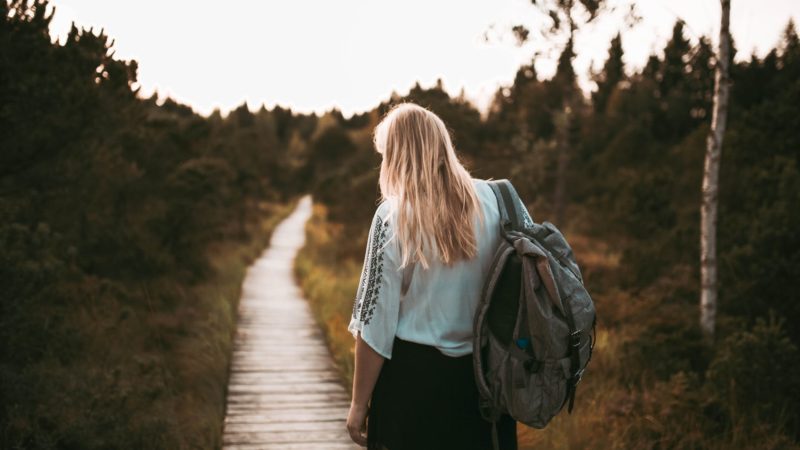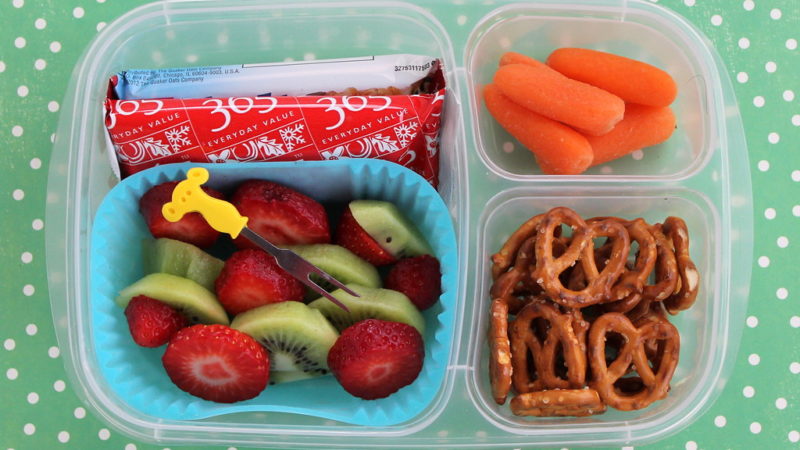Have a Safe Camping with Our Essential Camping Safety Tips For Beginners

Camping is an enjoyable activity to get friends and family together. A fun Camping experience can turn bad if you don’t follow camping safety tips. To ensure you have a fun-filled camping trip, we have created a camp safety guide to keep you and everyone around you safe.
Essential Camping Safety Tips
Choose the right site and Shelter.
One of the important camping safety tips is to pick the right site. When choosing a site and Shelter for your camp, consider age, medical needs, and physical limitations of you as well as others in the group. A cabin or RV will have different amenities than staying in a tent; therefore, plan your hiking gear accordingly based on the site.
For instance, you will get beds in a cabin while you will need to carry an extra air mattress or sleeping bag if camping in a tent.
Although camp safety in RV and cabins is comparatively more than tents, still 60% of people choose to go camping in a tent site.
Stay updated with weather conditions.

Before you plan your camping trip, make sure to check the weather forecasts. Weather can change any minute, which means it is essential to pack uncertain weather conditions like snow, rain, high heat, and humidity. Checking the weather forecast in advance is a part of camping safety tips. You would not want to get stuck in harsh weather conditions without proper gear.
Prepare and store food safely.
A camping trip is incomplete without camp food. Leaving food on tables or anywhere outside is a risk to your safety, as it can attract wildlife.
- Pack foods in tight and waterproof containers or insulated coolers.
- To avoid any foodborne illness, seperate raw foods from cooked foods when storing or cooking.
- Always cook food to room temperatures.
- Always wash your hands or use sanitizer in case you don’t have water.
About one in every six Americans get contaminated with foodborne illness every year. Therefore make sure you follow proper camping safety tips and practices.
Practice camp-fire safety

Catching fire is easy at a campsite if campfire safety precautions are not taken. Fires within the camping site should be at a distance of at least 15 feet from shrubs and trees and tent walls. It is necessary for camp safety to keep the fire in a small and contained area like a fire pit. Never leave a fire unattended. Keep a bucket full of water nearby and always put out the fire before going to sleep.
Use insect and bug protection.
To keep yourself protected from bugs, ticks, and mosquitos, always use waterproof insect repellent. Make sure to check for tick every day on different parts of the body. Wear long-sleeved shirts and pants when hiking to minimize the risk of insect bite. After any outdoor activity, put your clothes into a dryer for 10 minutes to kill any ticks present on the clothes. Don’t ruin your entire trip by forgetting to carry a bug repellent spray; you will end up tossing and slapping mosquitoes the whole night.
Be careful about Allergies.
This is an important camping safety tip. Pack an Epipen or any other medication for your allergies to prepare for any encounter. Always keep a first aid kit handy, and be careful about your labored breathing, dizziness, and swelling around insect bites. Be careful of certain allergy-triggering plants.
Carry Sun protection
We often end up overlooking UV rays on cloudy days, but sun rays can penetrate through clouds and even clothes and burn your skin. The sun rays are strongest at midday hours. You should always apply a good sunscreen on your face and body before stepping out in the sun and wearing sunglasses and hats. If possible, also carry a lip screen with SPF 15 in your bag on a camping trip.
Stay Hydrated
It is essential to keep your body hydrated to ensure complete camp safety. Staying hydrated does not mean drinking water when thirsty; it means drinking water at regular intervals even when you don’t feel thirsty. You should always carry at least 3-5 days of bottled water supply as an emergency kit.
Watch Out for wild animals

When going on a camping trip, always be careful and watch out for wildlife. One important camping safety tip is to pack the food in a bear-safe container or a food storage locker to prevent attracting wildlife.
Do not feed or touch animals, and in case you come in contact with an animal, wash your hand properly with soap and water; if you do not have access to water, use a hand sanitizer with at least 60% alcohol.
Be careful against carbon monoxide poisoning.
Do not use fuel-burning equipment like heaters, gas stoves, charcoal grills, and lanterns inside a camper, tent, or enclosed Shelter. This can lead to a dangerous level of carbon monoxide buildup.
Stay away from Poisonous plants.
This camping safety tip is very handy if camping with kids. Planning a camping trip is a way to experience nature, but running straight into a poisonous plant while chasing off a butterfly. If you are going with little ones, be extra careful and keep an eye out for poison oak or poison ivy.

Carry A Map
We have got used to GPS, but when out in the wilderness, it is hard to pick up the signals. It is always a good idea to carry a map to a camping site just to be safe. Carrying a map will ensure that you do not get lost in case all the phone signals are lost.
Final Words:
Camping is a fun outdoor activity to enjoy in the lap of nature. However, if you don’t follow proper camping safety tips, this fun experience can turn bad really quickly. It is important to pay attention to minor things like a campfire, weather, bugs, food, and wildlife around you. Following proper camp safety measures will ensure you have a fun-filled camping weekend with your friends and family.

